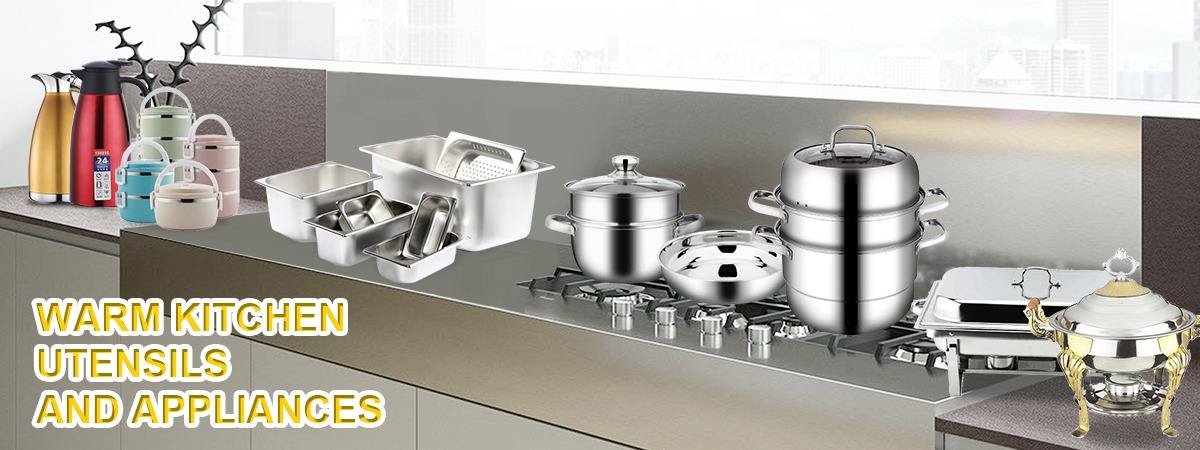Cast iron cookware has been used throughout the world for more than one century.
In different countries there were many types of dishes made of this metal, and they all had some differences. Today we want to tell you about the rules of use, advantages and disadvantages of cast iron frying pans. This dish is very popular with cooks for a reason. There are a number of indisputable advantages of cast iron pans:
IRON SKILLS: PLUSES AND MINUSES
1.Universality First of all, such pans are universal and can be used to cook almost any dish. On cast iron, you can fry or simmer vegetables, mushrooms, meat, fish or other products that need long-term cooking.
2. Excellent conductivity, heat capacity and material density As a rule, cast iron pans have a thick bottom and walls, because of which they retain heat for a long time and do not cool down. Due to the peculiarities of the alloy, the heating occurs gradually and evenly over the entire surface of the bottom and walls, which means that in such a frying pan the products are heated evenly.
3. Suitable for all types of stoves. In cast iron cookware you can cook on all kinds of heating elements using any stove, oven or open fire.
4. Durability Cast iron cookware almost eternal. With proper care, it can serve you for decades and not lose its properties. To spoil it is almost impossible. The only thing that could threaten your pan is falling onto hard surfaces from a sufficiently large height. From this it can split, but any other dishes also suffer from such “tests”.
5. Non-stick properties If you follow simple rules, then the food will not burn to the cast-iron pan. Moreover, over time, non-stick properties will only improve. Usually, before starting to use a new pan, it is heated with oil for 30-40 minutes. Due to this, the oil penetrates into the pores of the bottom and walls of the pan and the next time it does not heat it.
6. Strength This dish is very resistant to deformation or temperature extremes and is characterized by high wear resistance. You can not be afraid to use metal blades or heat it very much.
7. Food cooked on cast iron is very aromatic and has a richer taste than when cooked in other types of dishes. Despite all the advantages of cast iron cookware, it has several drawbacks.
1. Weight. Cast iron pans are usually quite heavy and weigh several kilograms. This can be inconvenient, for example, when frying pancakes.
2. Susceptibility to corrosion. If you leave cast iron wet, they will rust. To avoid this is easy – just wipe dry with a washed pan. |
|

